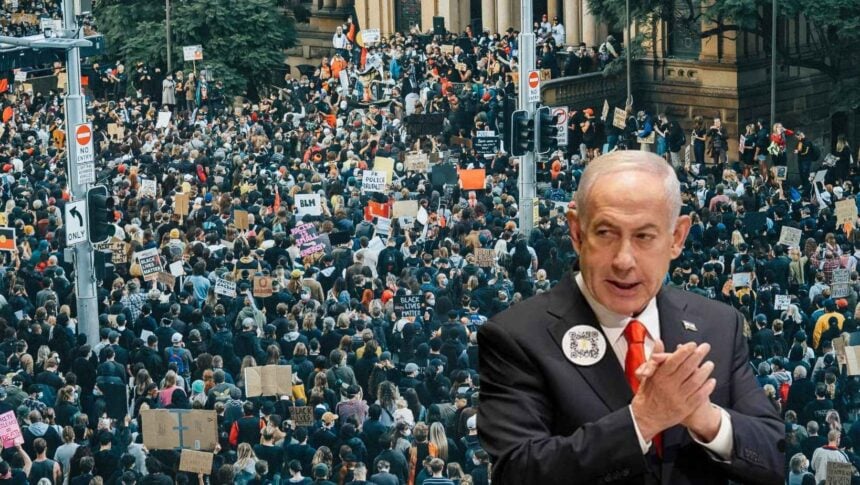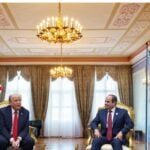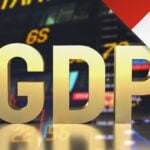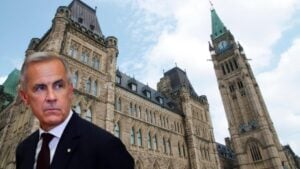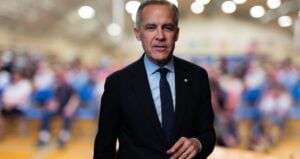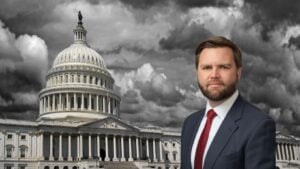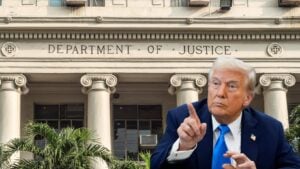Israel’s Benjamin Netanyahu arrived at the United Nations General Assembly to a chorus of dissent inside and out.
Hours before and during his speech, thousands marched from Times Square to the East River, waving Palestinian flags and hoisting placards that read “Arms embargo now,” while chanting accusations of genocide.
Police ringed the area around Turtle Bay as demonstrators pressed against metal barricades and the prime minister’s motorcade route.
Inside the chamber, scores of delegates stood and left as Netanyahu began, a striking visual of the diplomatic chill that has deepened over the nearly two-year war.
He castigated Western governments that recently recognized a Palestinian state, arguing that recognition rewards violence, and vowed to “finish the job” against Hamas while addressing remaining hostages directly.
Netanyahu’s defense of the campaign in Gaza landed amid a dire humanitarian picture and a shifting political map.
Gaza health authorities say more than 65,000 people have been killed, with widespread displacement and destruction across the enclave.
While Israel rejects genocide allegations and says it is acting in self-defense after the October 2023 attacks, the optics at the UN, paired with the protests outside, underscored how isolated the government has become among many traditional partners.
Sanctions pressure builds
Calls for punitive measures are no longer confined to activist networks or UN experts.
Spain’s government this week formalized a strengthened arms embargo on Israel and moved to ban imports from Israeli settlements, steps that go beyond earlier moratoria and signal a harder European line.
Slovenia followed with restrictions targeting senior Israeli figures, citing international law concerns tied to Gaza.
UN human rights experts have also urged member states to adopt an arms embargo and consider targeted sanctions, including asset freezes, arguing that continued weapons transfers risk complicity in serious violations.
Their renewed appeal, timed around the UN gathering, gave protesters fresh language and officials new cover for policy shifts.
Diplomatically, recognition of Palestinian statehood by the Canada, United Kingdom, Australia, and Portugal days before Netanyahu’s speech framed much of the debate in New York.”
Those governments cast recognition as an attempt to preserve a two-state outcome and break a violent stalemate. Netanyahu denounced the move and insisted Israel would not accept an imposed solution.
The walkouts that greeted him suggested the argument is far from settled. The week offered a clearer read on political risk for investors.
Expanded embargoes or sanctions can complicate defense contracts and export licenses, heighten compliance costs for firms with exposure to Israel or the occupied territories, and increase headline risk for financial institutions and multinationals caught between diverging national policies.
Energy markets are sensitive to any sign that regional tensions might spill across borders, even if direct supply disruptions remain limited.
The policy direction in European capitals, combined with a contentious UN stage, points to a more fragmented environment for cross-border trade and finance tied to the conflict.
Netanyahu’s address was designed to stiffen spines at home and among allies.
The scenes in New York told a different story, one of swelling public pressure, widening diplomatic rifts, and a sanctions drumbeat that is getting harder for governments to ignore.
Whether that pressure alters the trajectory of the war, or simply hardens positions on all sides, is the question markets and diplomats will carry out of this UN week.
